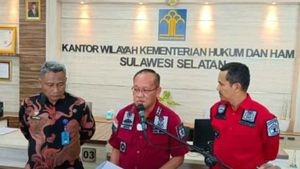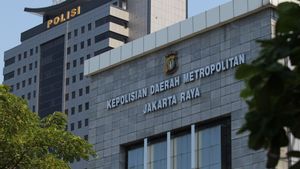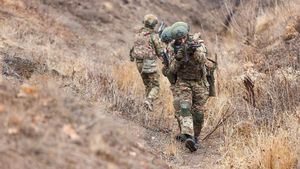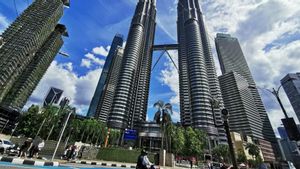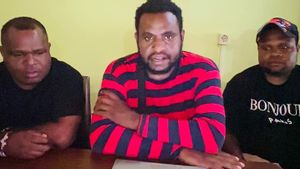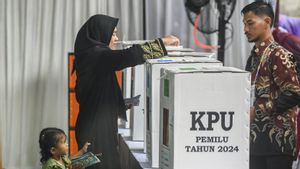JAKARTA - The Witness and Victim Protection Agency (LPSK) said that restitution is one of the important things needed by victims of the Trafficking in Persons (TIP).
Deputy Chairperson of the Witness and Victim Protection Agency (LPSK) Antonius PS Wibowo said the victim would use restitution positively.
"The first is for basic needs. Most of the victims are those who are economically underprivileged, so if they receive restitution, it is used for the necessities of life," Antonius said quoting Antara.
Antonius said this at a TIP press briefing held by the United States Embassy in Jakarta in commemoration of World Human Anti-Trade Day against Trafficking in Persons which falls on July 30.
Based on LPSK data, the victims who received restitution used the compensation funds well because in general those who were victims of TIP were low-income people.
Antonius said that there were several TIP victims who used the restitution funds as business capital, taking the example of TIP victims in Central Java who used restitution funds to open cafes.
"Restitution is if the utilization is productive, it actually has prevention aspects. By opening a cafe, if the cafe is running, then they will have income. When they have income, they will no longer be interested in other income offers on social media, for example," said Antonius.
He argues, if the restitution funds are used properly, the restitution will have aspects of the recovery of victims while preventing them from becoming victims of TIP again.
Antonius also said that compensation funds for each TIP victim could be different, because it can be seen from one component of restitution, namely loss of income.
SEE ALSO:
"In the TIP case, for example, the victim has been exploited for nine months and only received a salary of one month, meaning that the salary of eight months has not been paid. That will be calculated by LPSK restitution experts as the income that should have been given," said Antonius. TIP law is very possible to confiscate the perpetrator's assets as a way to fulfill restitution to the victim.
"In the dynamics, restitution has not yet been followed by the confiscation of assets, even though in the TIP law it is possible (to confiscate assets)," said Antonius.
In addition, he said, other dynamic conditions were perpetrators who did not want to or were unable to pay compensation to the victim.
"And it is closely related to our law which does provide those who, if he (the perpetrator) is unable to pay, then serve a prison sentence as a substitute," said Antonius.
The English, Chinese, Japanese, Arabic, and French versions are automatically generated by the AI. So there may still be inaccuracies in translating, please always see Indonesian as our main language. (system supported by DigitalSiber.id)




